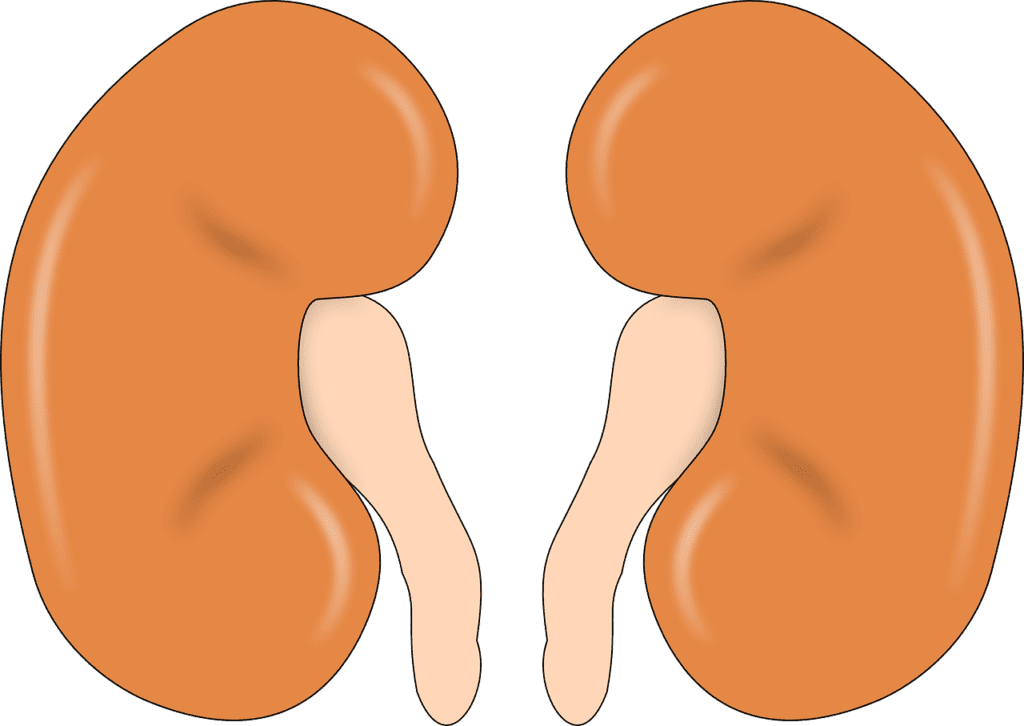Proteinuria refers to excess protein in the urine. In healthy individuals, proteins pass through the kidneys and into the bloodstream. Proteinuria often indicates kidney dysfunction or damage. In fact, it is often a symptom of IgA nephropathy (IgAN), a chronic kidney disease. There are many therapies available for people living with IgAN, like diuretics, blood pressure medications, dialysis. Vera Therapeutics is currently developing atacicept as a potential therapy to reduce proteinuria in patients with IgAN.
According to an article in HCP Live, Vera Therapeutics shared positive topline data on atacicept. In the Phase 2b ORIGIN study, researchers evaluated the safety, efficacy, and tolerability of atacicept for IgAN-related proteinuria. Altogether, 116 participants enrolled. Participants had persistent proteinuria despite ACE or ARB treatments. Patients received either 75mg or 150mg atacicept. Findings from the study show that:
- Atacicept contributed to a 31% mean reduction in proteinuria from baseline in regard to all patients. The mean reduction was 33% in those receiving 150mg.
- This treatment was generally safe and well-tolerated. More patients taking the placebo suffered from serious reactions than those taking atacicept.
- Estimated glomerular filtration rate (eGFR) measures how well your kidneys are working. Atacicept treatment helped stabilize eGFR in those with IgAN.
In the future, Vera Therapeutics hopes to further evaluate atacicept in a Phase 3 study. Learn more about atacicept here.
An Overview of IgA Nephropathy (IgAN)
Also known as Berger’s disease, IgA nephropathy occurs when immunoglobulin A (IgA) deposits accumulate in the kidneys. IgA is an antibody and plays a role in immune response. IgAN often follows a gastrointestinal or upper respiratory tract viral infection. As IgA accumulates, it attacks the glomeruli (the parts of the kidney that filter waste and blood). This causes inflammation and damage. IgAN is 2x more likely to occur in males than females. Additional risk factors include being Caucasian, being Asian, or having a family history of IgAN. 20-40% of people with IgAN develop end-stage kidney disease within 20 years of diagnosis.
Symptoms of IgAN often manifest in teenage years. However, in early stages, many individuals may be asymptomatic. When symptoms appear, these can include:
- Hematuria (blood in the urine)
- Proteinuria
- Pain in the loins, sides, and back
- Generalized itching or numbness
- Swelling of the hands and feet
- Excessive fatigue and/or drowsiness
- High blood pressure
- Kidney failure








